An effective health system is one that meets the health needs of its population by providing equitable access to affordable, high-quality health care including treatment and preventive services (WHO, 2005). To meet such a mandate, most countries have defined an...
Discussion for public consensus begins to introduce sickness benefits in Korea
The Ministry of Health and Welfare (Minister Kwon Deok-chul) announced on 15 April 2021 the establishment of the “Sickness Benefits System Planning Advisory Committee” (hereinafter referred to as the “Advisory Committee”) and held the first meeting. Except for...

Timor-Leste to compensate Covid vaccine-hit patients
Timor-Leste plans to provide compensation to people who receive adverse reactions or fatalities from Covid-19 vaccine, aiming to encourage the population to get the vaccination due to a rise of new cases and deaths. A patient who experiences a rare case of disability...
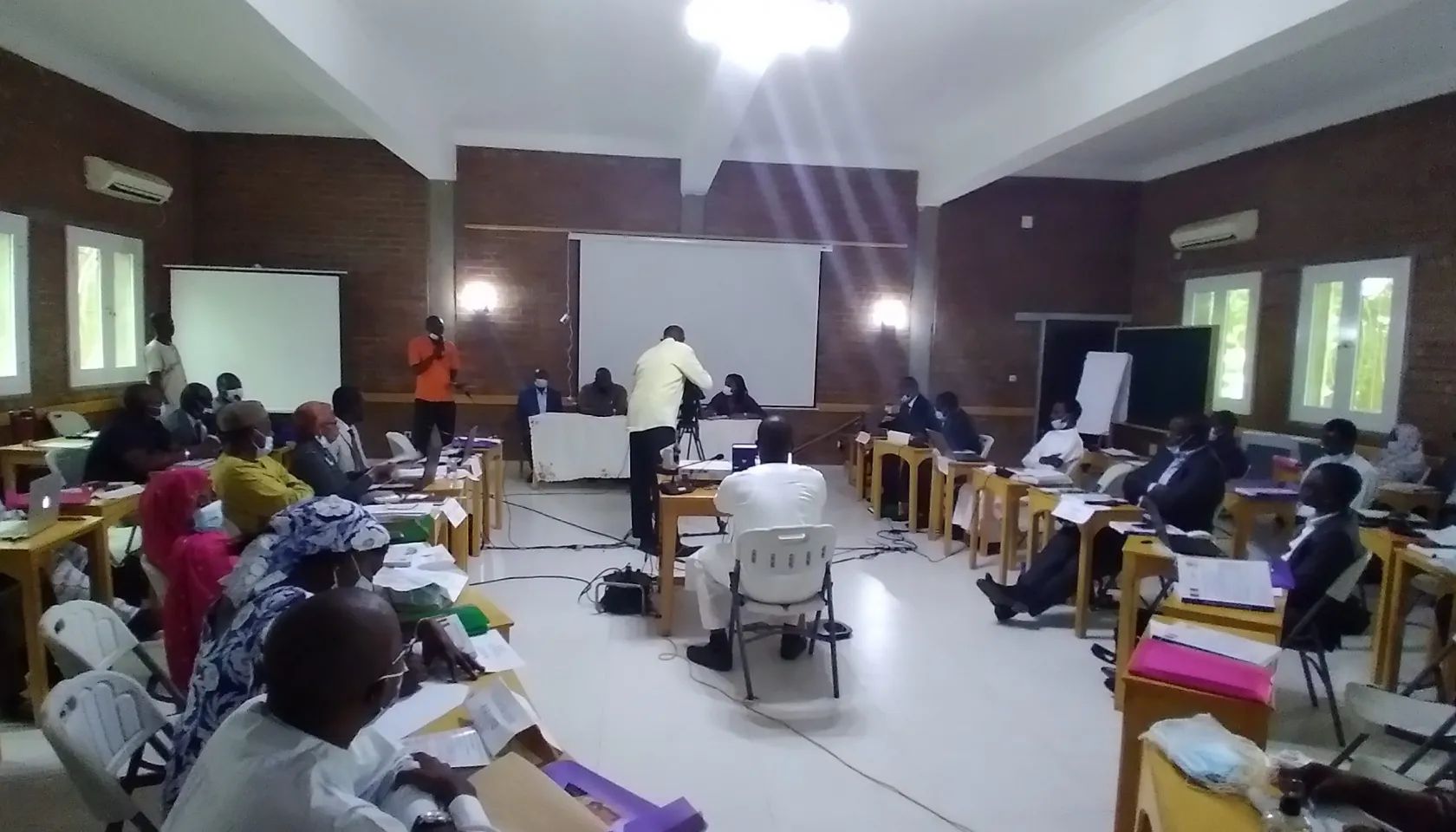
Chad: Training Session on Performance-Based Financing, NDJAMENA 13-25.09.2021
The Ministry of Public Health in partnership with the World Bank is organizing a training course on performance-based financing (PBF) from September 13 to 25, 2021, for 170 agents from various ministries and national institutions. The first session, which started on...
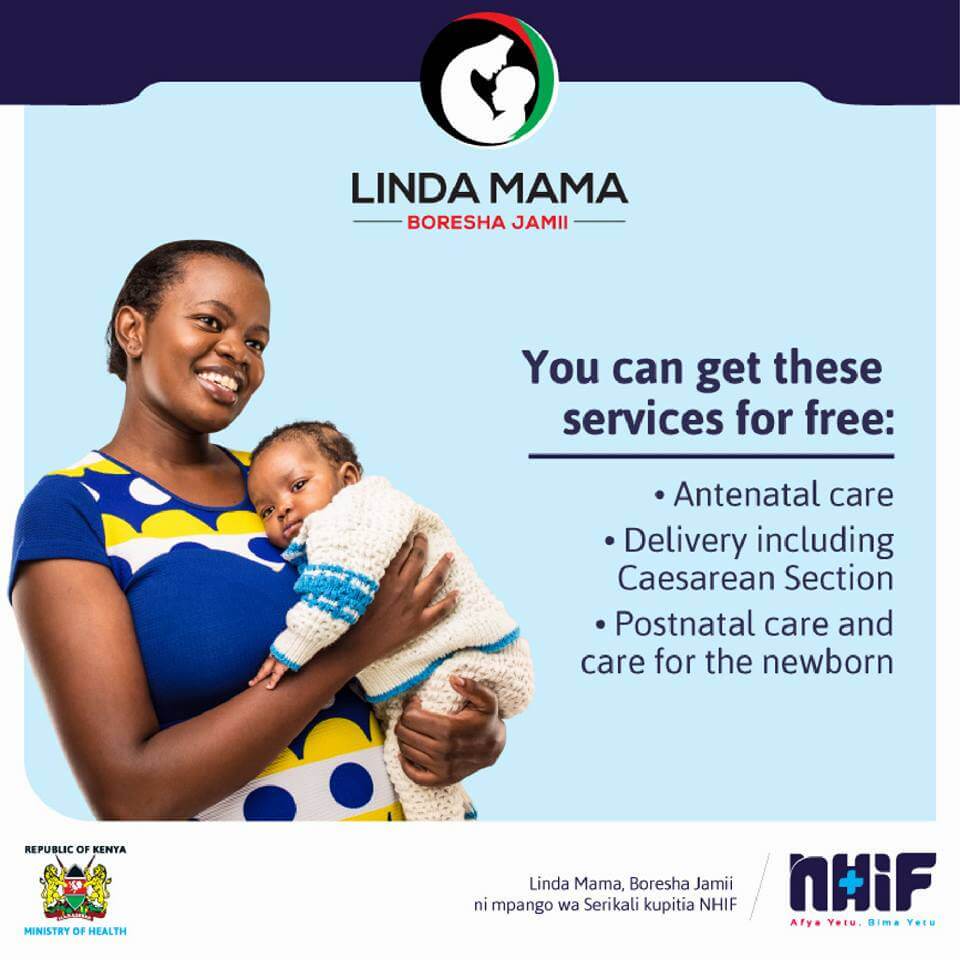
Policy versus the ground reality of Kenya’s free maternity program
Nirmala Ravishankar (ThinkWell), Boniface Mbuthia (ThinkWell Kenya), Stacey Orangi (KEMRI Wellcome Trust), and Edwine Barasa (KEMRI Wellcome Trust) Covid-19 threatens to reverse the progress countries have achieved in improving maternal and child survival, even as it...

PhilHealth now covers home isolation of mild and asymptomatic COVID-19 cases
The Philippine Health Insurance Corporation (PhilHealth) announced a health benefits package to cover home isolation of mild and asymptomatic COVID-19 patients. The COVID-19 Home Isolation Benefit Package (CHIBP) can help free up hospital beds for COVID-19 patients...

Four orphan drugs added to the national drug list in Thailand
Financial protection is one of the UHC goals. Health financing reforms aim to protect people from financial hardships associated with the use of health services and products. In many countries, medicine largely contributes to out-of-pocket payments that cause...
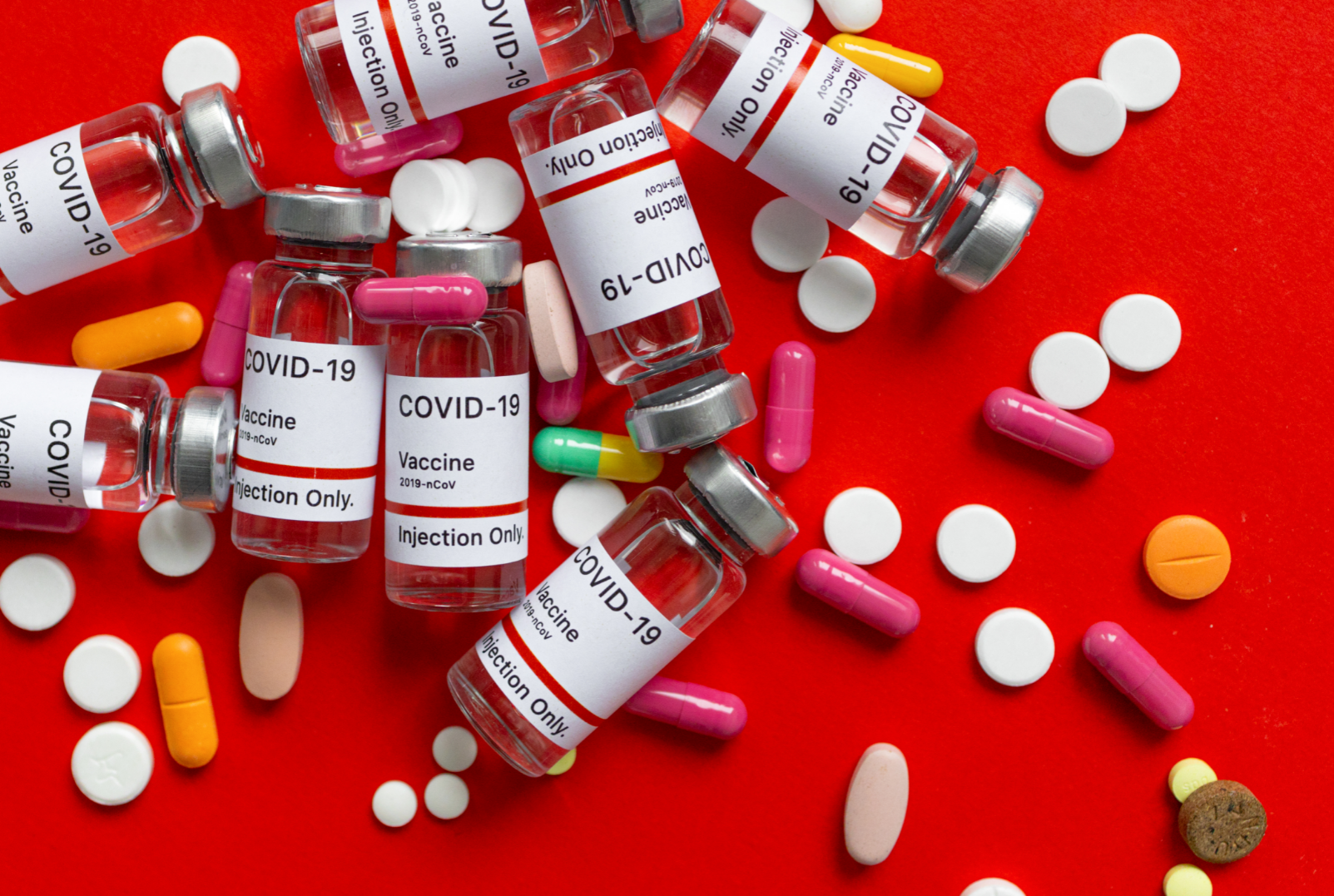
COVID-19 vaccines, medicines, test kits added in Thailand Universal Coverage Scheme
In Thailand, the National Health Security Board has approved new benefits packages under the Universal Coverage Scheme that consist of COVID-19 vaccines, medicines, test kits, and medical supplies. The new benefits packages enable the National...
Swaziland essential health care package: A case study
An essential health benefit (EHB) is a policy intervention designed to direct resources to priority areas of health service delivery to reduce disease burdens and ensure equity in health. Many low income countries introduced or updated EHBs in the 2000s. In Swaziland...

Philippines expands benefits coverage
The Philippine Health Insurance Corporation (PhilHealth) has covered admissions in emergency rooms and tents in the hospitals to respond unavailability of hospital rooms. Beneficiaries who stay in the hospital for at least 24 hours are eligible to be...
Uganda national minimum healthcare package- a case study
The basic essential healthcare benefit package (EHB) policy interventions aim to optimize efficiency while extending coverage by increasing equity of access to the defined benefits. Many low and middle-income countries introduced or updated EHBs in the 2000s. Uganda’s...
Analytical review of health care reforms in Uganda and its implication on health equity
Uganda Government has continued to strengthen the country’s health system by initiating policy reforms aimed at enhancing equity in health care with the goal of attaining universal health coverage. These reforms include the abolition of user fees and the introduction...
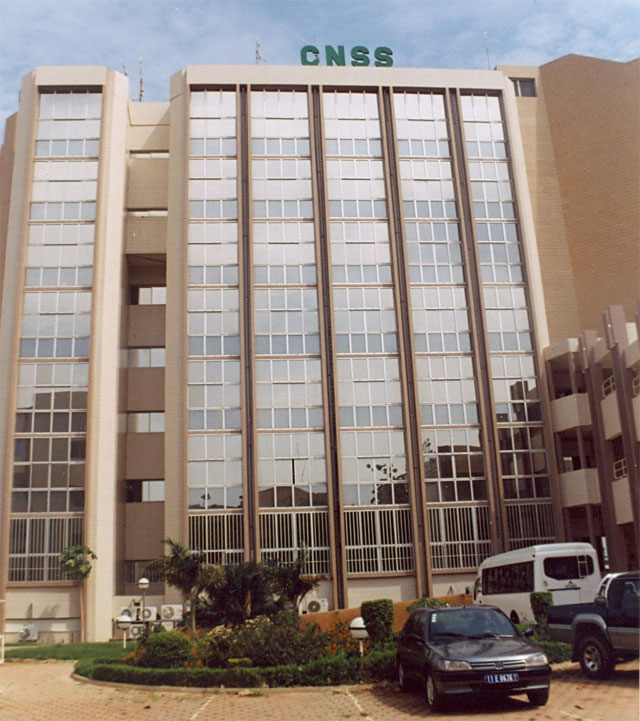
Burkina Faso-Public social welfare institutions: sales of FCFA 44 billion by 2020
Between 2019 and 2020, sales by Etablissements publics de prévoyance sociale (EPPS) rose by 9.7%, from FCFA 244.82 billion to FCFA 268.72 billion, an increase of FCFA 23.89 billion. These EPPSs are the Caisse Autonome de Retraite des Fonctionnaires (CARFO) , the...
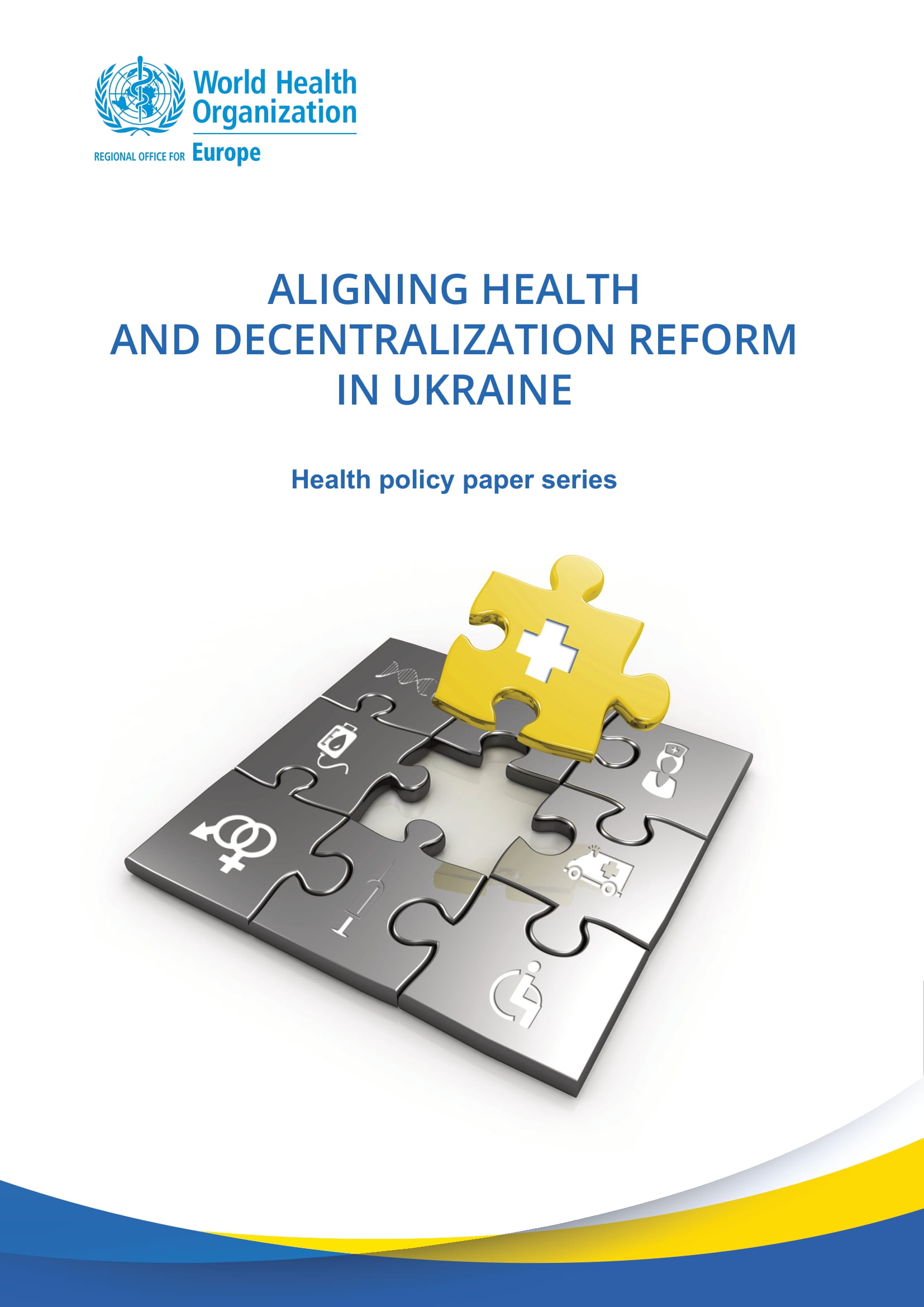
A new report published on aligning health and decentralization reform in Ukraine
As part of Health policy paper series, WHO Regional Office for Europe in collaboration with WHO Country Office in Ukraine published a policy brief titled “Aligning health and decentralization reform in Ukraine” (2021). Considering that Ukrainian decentralization...
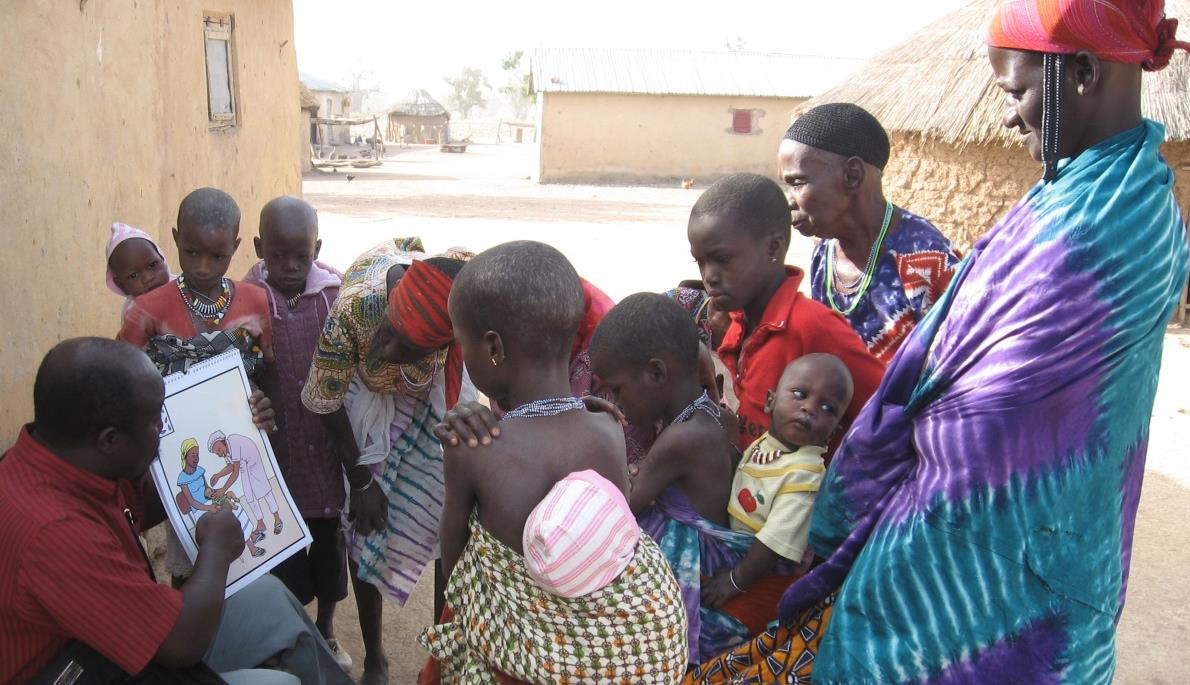
Multi-Regional Landscape Study and Analysis of Select West African Countries available
New West Africa regional document available: Recognizing that a healthy population promotes economic development, resilience, and strength, many governments have started pursuing a universal health coverage (UHC) agenda. The international community, national...
